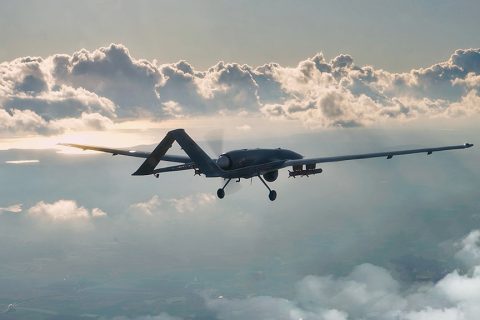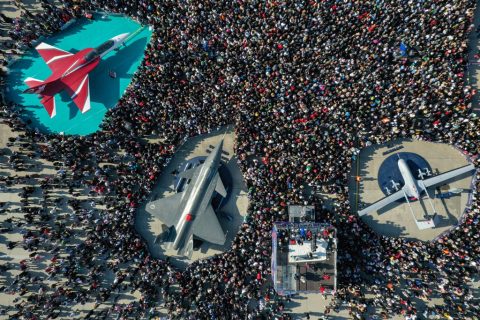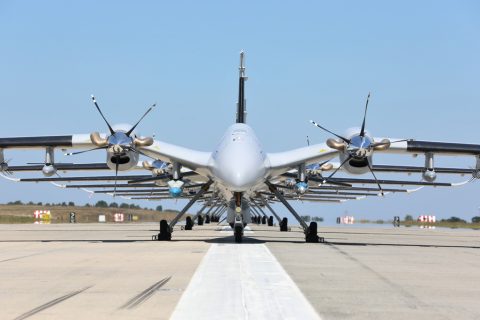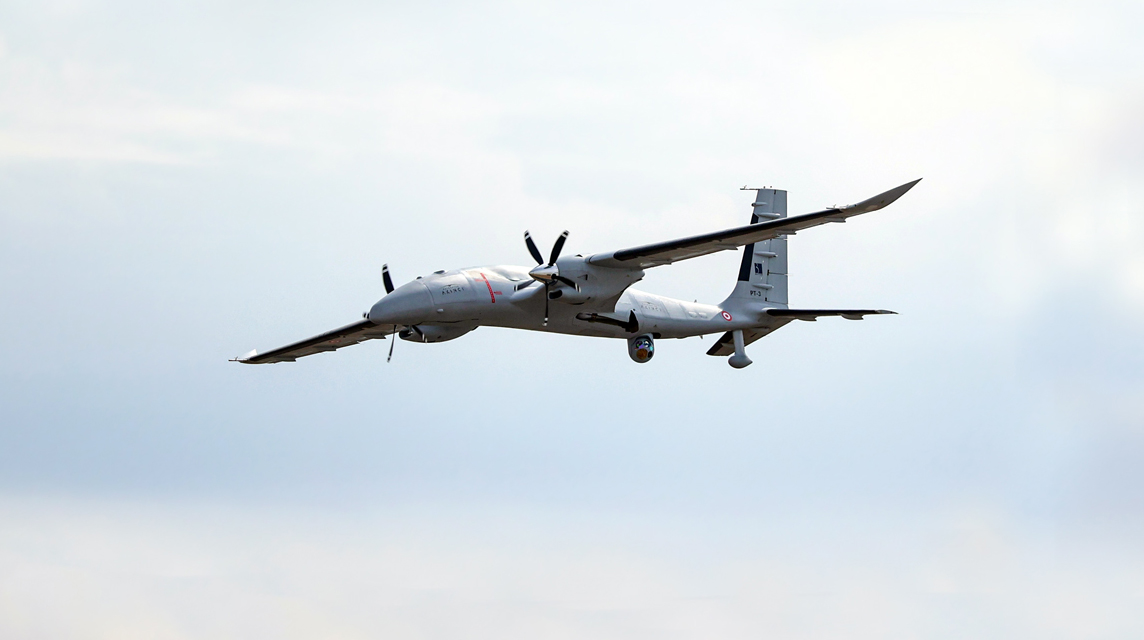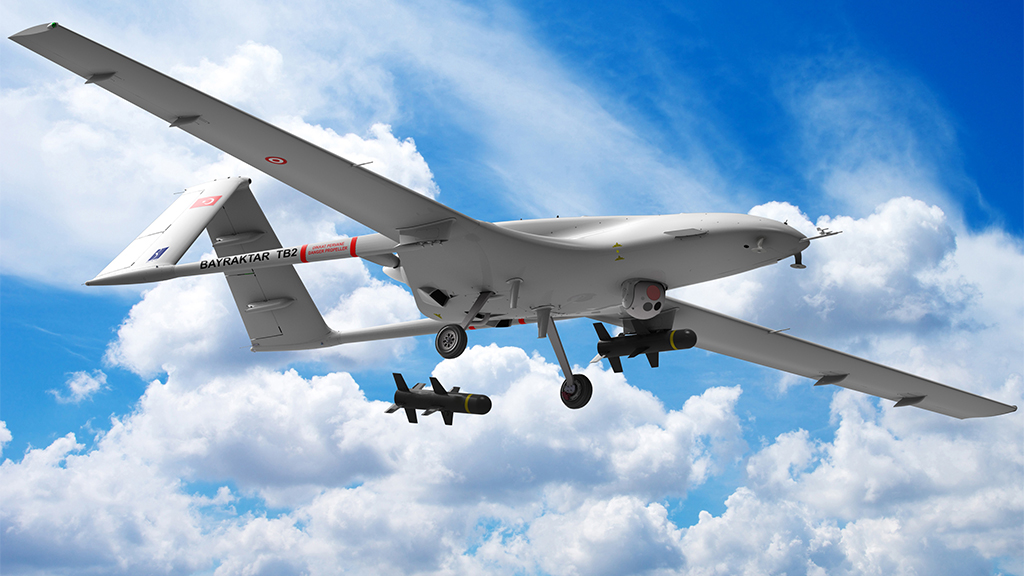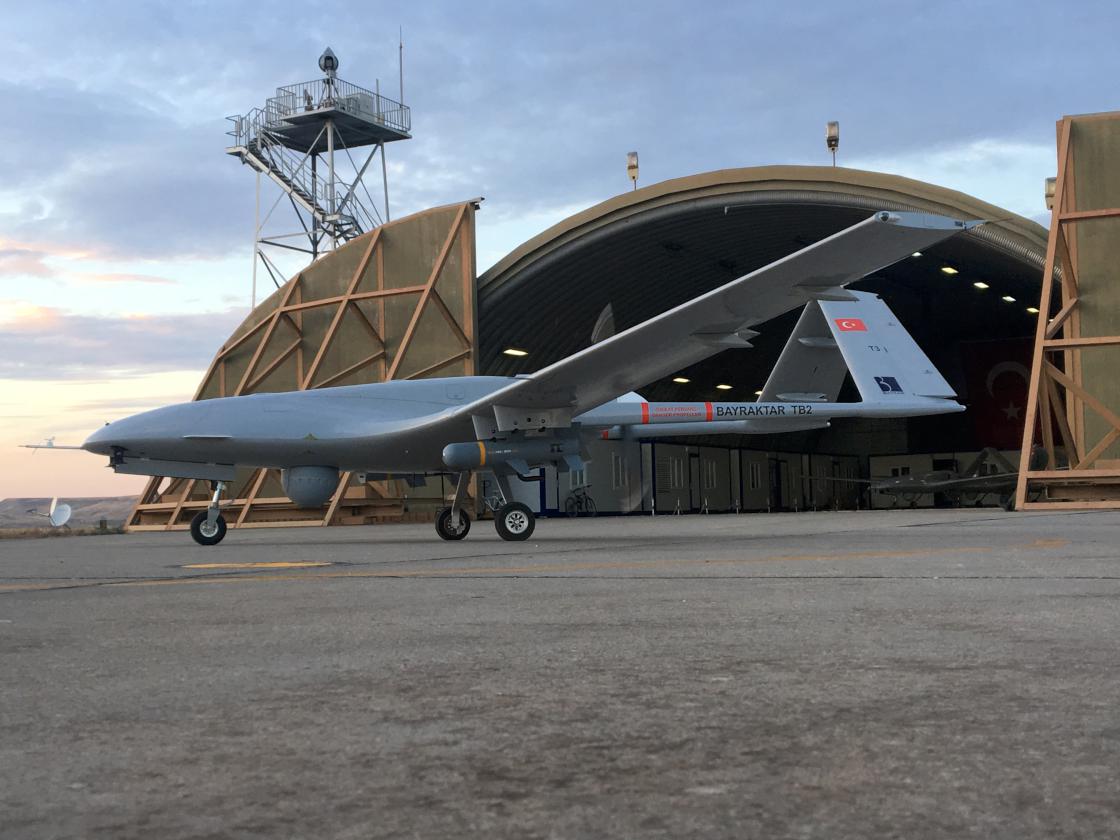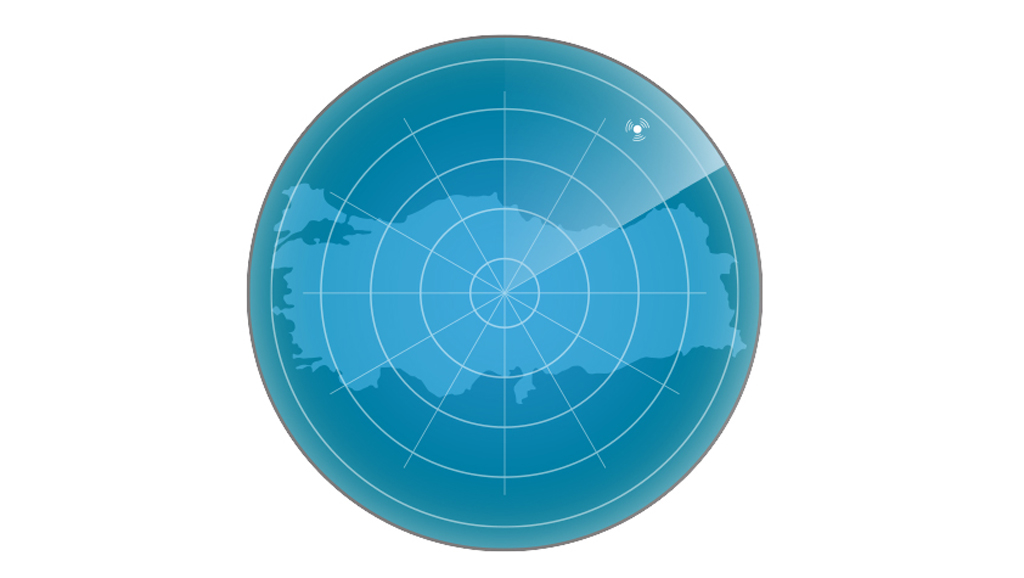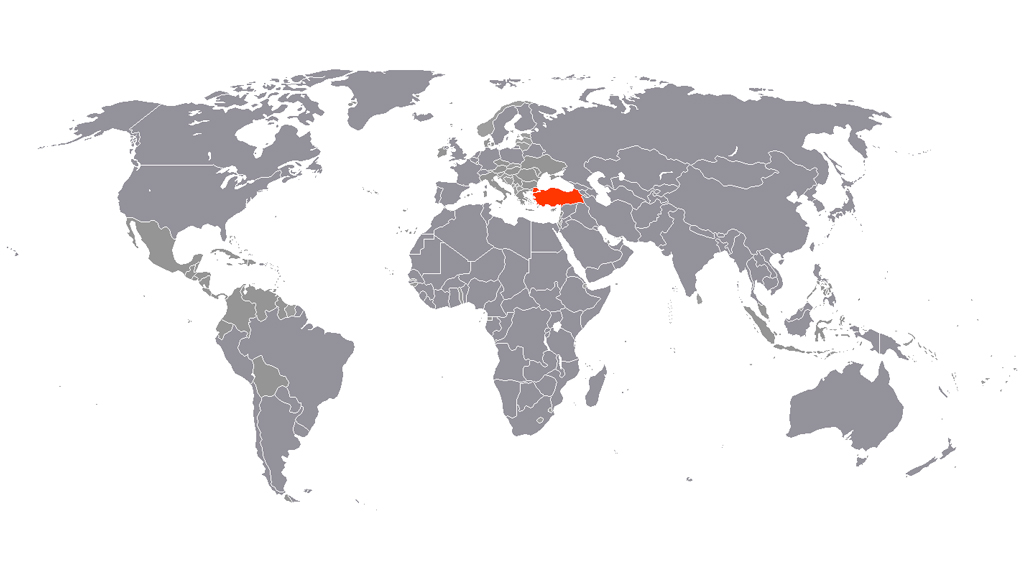Unmanned Aerial Vehicle (UAV)
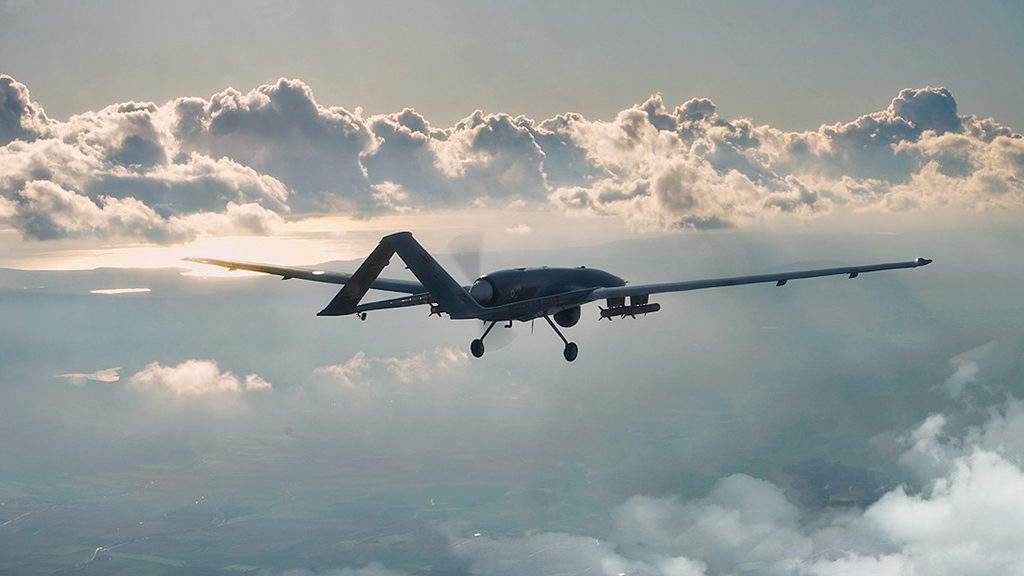
Türkiye’s ascendance in global defense landscape
| OpinionOver the last decade, Türkiye’s defense industry has developed rapidly, and its products have repeatedly …
-
Opinion
Türkiye’s ascendance in global defense landscape
By Murat YeşiltaşOver the last decade, Türkiye’s defense industry has developed rapidly, and its products have repeatedly proven their military capabilities. The rapid defeat of the Ukrainian army against Russia was largely prevented by the TB2 drone, which has become a global brand in Türkiye’s defense industry. Similarly, in Nagorno-Karabakh, the TB2 proved to be a game-changer in favor of Azerbaijan in the conflict with Armenia. In addition to Syria, it helped Türkiye become a geopolitical player in the conflicts between northern Iraq and Libya. At this point, TB2 has shown that it is not only a military platform but also the dominant player in Türkiye’s defense market, with Baykar alone accounting for $1.7 billion (TL 54.6 billion) of Türkiye’s exports in 2023. However, the TB2 is only the most visible sign of a new era for Türkiye’s defense policy.
-
Opinion
Turkish defense industry reshaping Türkiye’s state identity
By Murat YeşiltaşIn his addresses on the occasion of the Aug. 30 Victory Day, President Recep Tayyip Erdoğan frequently underscored the imperative of bolstering Türkiye’s military prowess, emphasizing that this stance is not a mere option but a necessity. He avered: “Our bitter experiences have taught us that a robust Türkiye hinges on a strong military. Enhancing the deterrent capabilities of the Turkish Armed Forces (TSK) is not a choice; it’s a necessity for our nation.” While historically, the discourse “strong army, strong Türkiye” was largely employed within the context of Kemalist military narrative to establish the TSK’s supremacy over Turkish politics and reinforce its superior position over political matters, Erdoğan reinterprets it as a pivotal component of a more expansive political narrative.
-
Policy Report
Remote Control | Aerial Elimination of the PKK’s Terrorist Leaders and Operatives
By Sibel Düz By Muhammet İsmail ÜzenDelving into the core of this study, we leverage data derived from two distinguished repositories—the Terrorism Analysis Platform and Türkiye’s Enemy Killed in Action Dataset—to compose an authoritative report. Our focus lies on the profound examination of the intricate effects of UAV deployment in counterterrorism endeavors, particularly pertaining to the PKK’s organizational structure, command hierarchy, recruitment of skilled human resources, access to essential material resources, and the dynamic tactical metamorphosis undergone by the terrorist organization. Through this rigorous analysis, we aim to shed illuminating light on the multifaceted role of UAVs and their profound impact on the protracted battle against terrorism.
Bu Konuda Daha Fazla
-
Asia anew Initiative of Turkey and Impacts on Defense...
By Diren DoğanThis analysis initially provides a basic scope for the Asia Anew Initiative, which has been followed with interest due to the fact that it has not yet published a policy document. Again, it examines the aims of Asia, its contributions to international politics, its differences from the strategies toward Asia produced by different actors, and its relationship with the basic dynamics of Turkish foreign policy. Secondly, it analyzes the strategic fit between the Asia Anew Initiative and the Turkish defense industry by examining the sector successes realized in parallel with the interest of the Turkish defense industry in the Southeast Asian region, which is one of the sub-regions focused on by the Asia Anew Initiative.
-
Unpacking the Debate on Turkish Drones
By Sibel DüzIn this report in the first section, the emerging unmanned military platforms and smart systems produced by Turkey and their impact on military norms and practices in several conflict areas will be discussed. In the second section, the questions of how these technologies are shaping Turkey’s ties with buyer countries, trends, and competition in the drone market will be answered
-
Drivers and Implications of Bayraktar TB2 Sale to Poland
By Rıfat ÖncelWhat is the content of the agreement? Why did Poland prefer the Bayraktar TB2 drone? What are the possible implications of the agreement?
-
SETA Security Radar | Turkey’s Security Landscape in 2021
By Murat Yeşiltaş By Bilgehan Öztürk By Rıfat Öncel By Murat Aslan By Ömer Özkizilcik By Ferhat Pirinççi By Fatma Nur Günay By Assala Khettache By Batu Coşkun By Sibel DüzStrategic Flexibility under Geopolitical Anxiety
-
Consolidation of Turkey’s autonomy in 2020
By Muhittin Ataman2020 was really an interesting year. It has influenced almost every aspect of life, including international politics. Overall, 2020 has caused vital damage to all states; no state escaped from its detrimental effects.
